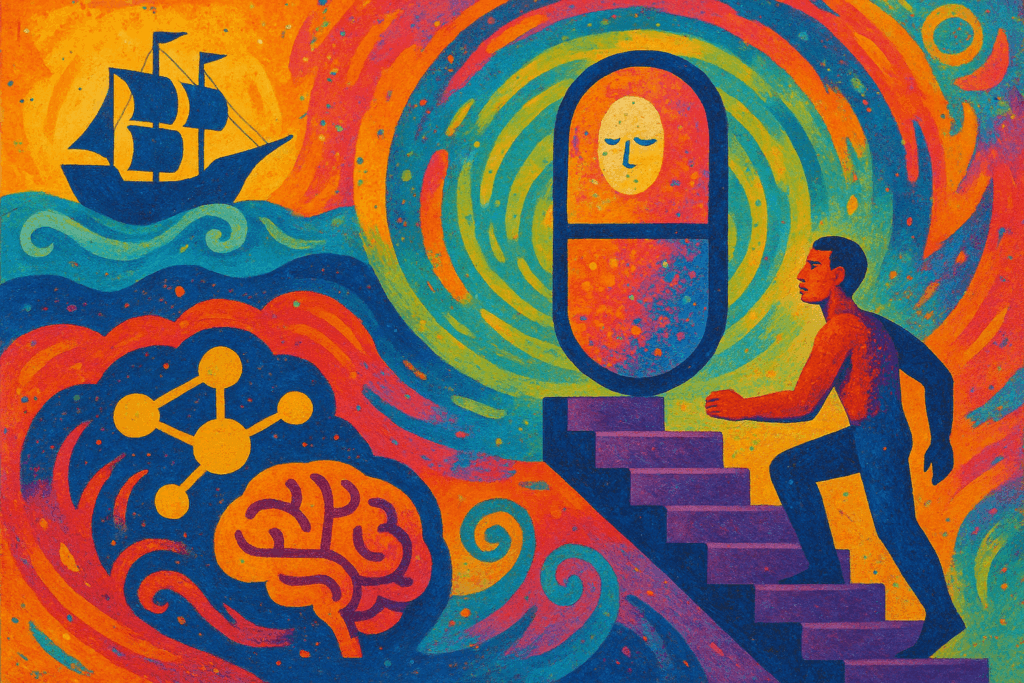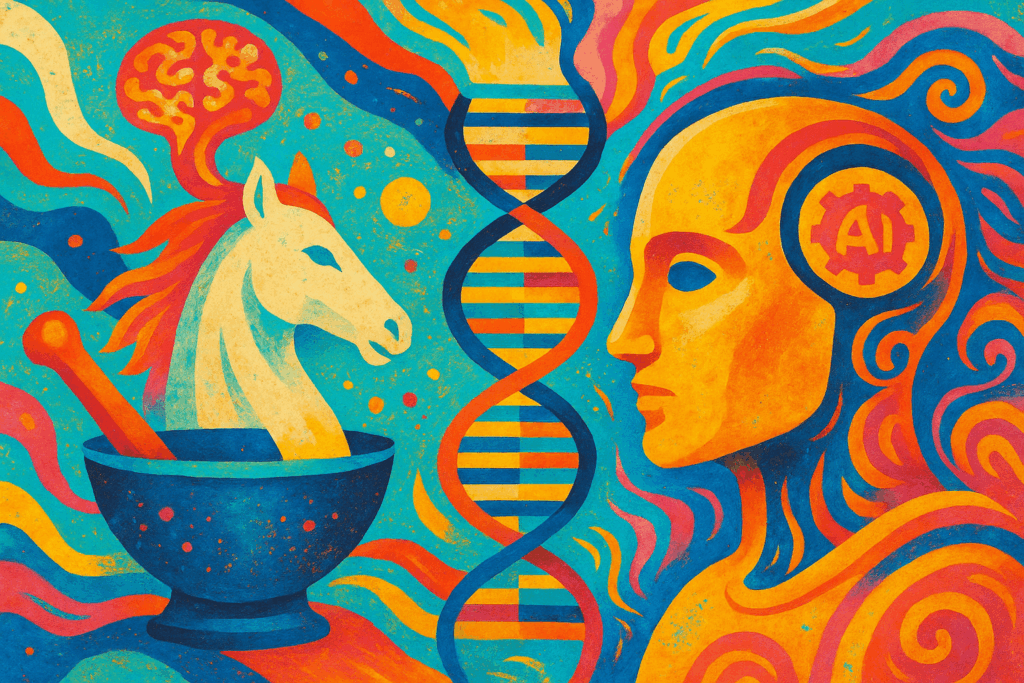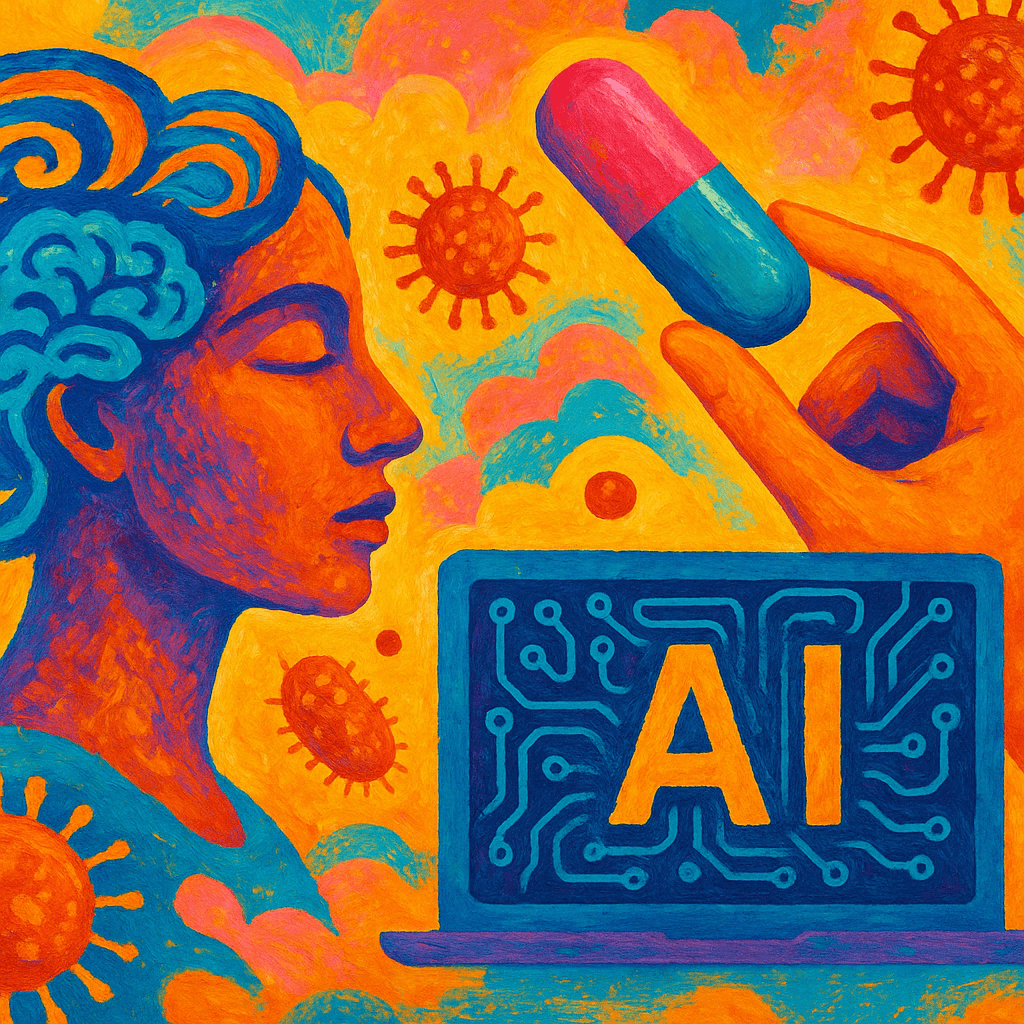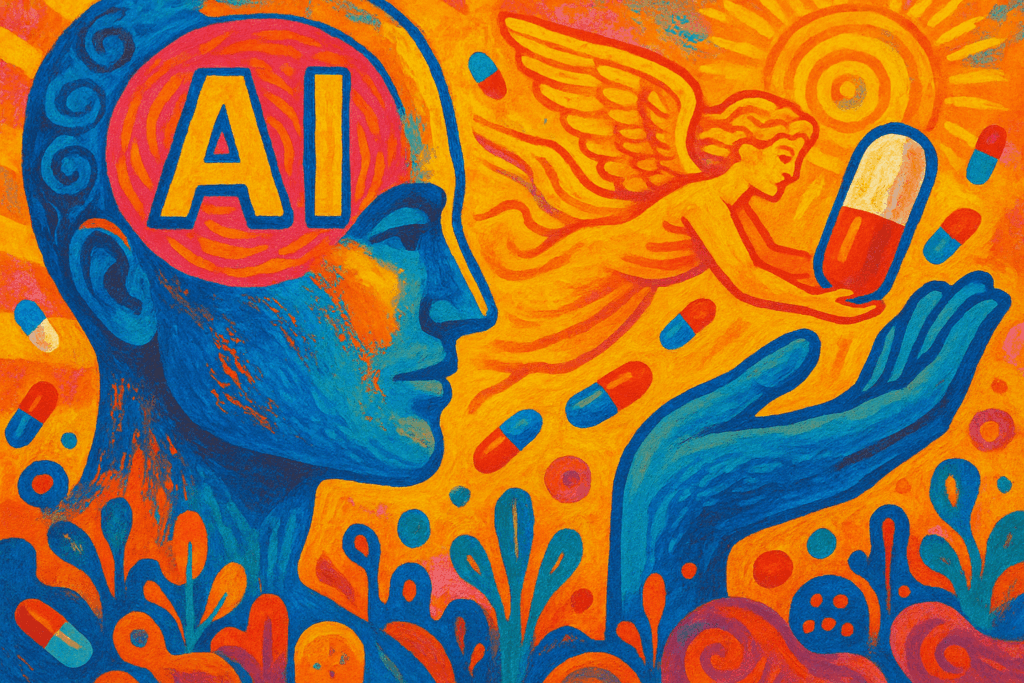Flagship Backs New AI Drug Discovery Venture
Flagship Pioneering has announced Expedition Medicines, a newly launched biotech company supported with a $50 million investment. The venture focuses on transforming drug discovery for cancer and immune diseases through advanced artificial intelligence technologies. Molly Gibson leads Expedition Medicines as CEO, with Flagship’s founder Noubar Afeyan playing a strategic role in guiding the initiative.
Pioneering Covalent Chemistry with AI
At the core of Expedition Medicines’ approach is the integration of AI with covalent chemistry to target proteins that have traditionally been difficult to address with conventional drugs. This method centers on designing molecules that form purposeful, stable bonds with these targets, expanding therapeutic possibilities. AI-driven models identify novel targets and significantly improve the hit rate during drug candidate development. The company calls this approach “generative covalent chemistry,” positioning it as a platform capable of generating diverse drug candidates across indications, marking a new frontier for AI applications in drug design.
Strategic Partnerships and Future Outlook
Expedition Medicines has established a multi-year collaboration with Pfizer focusing on developing treatments for prostate cancer using this AI-powered covalent chemistry platform. This partnership reflects a growing trend of AI investment within pharmaceutical R&D, with Flagship Pioneering known for backing innovative ventures at the intersection of biotech and AI. Preclinical studies on Expedition’s drug candidates are expected to commence next year, with the potential to address undruggable proteins that have long challenged researchers.
The AI Advantage in Drug Development
Artificial intelligence holds the promise of accelerating the traditionally slow and costly drug development process by uncovering new targets and optimizing molecule design. Expedition Medicines exemplifies this potential by applying AI to a sophisticated chemical mechanism, potentially opening new therapeutic avenues. While the path to approved AI-discovered medicines continues, advances like these mark important steps toward transforming drug discovery.




